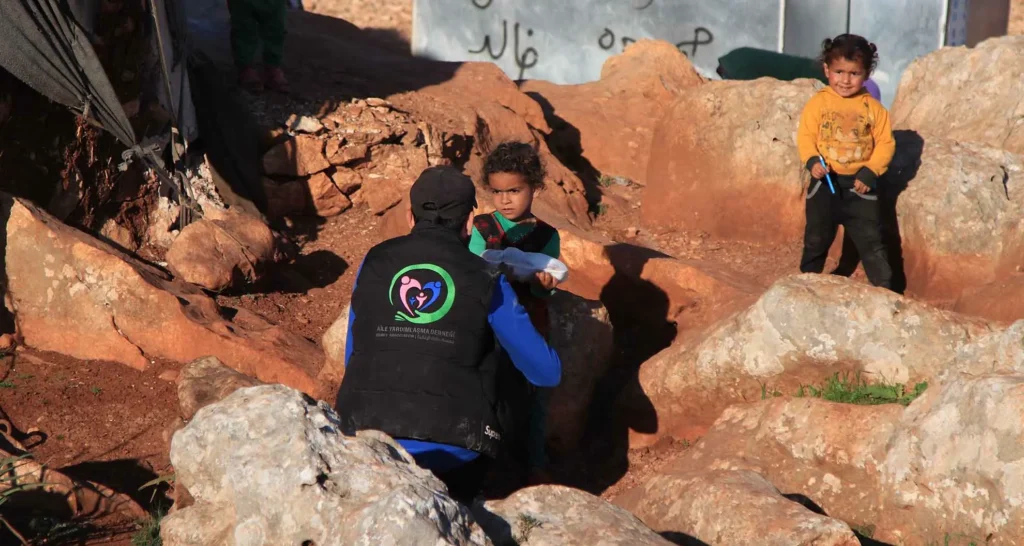What is Fidyah?
Even if you are unable to fast, Allah (SWT) allows you to participate in the Ramadan reward by donating Fidya to the poor. Fidya is required of anyone who is unable to fast due to a valid medical reason.
Paying Fidyah allows you to alleviate a fasting person’s hunger by providing meals, allowing you to achieve more this Ramadan.
If you have to pay Fidyah, try to donate enough money to feed a poor person a minimum of one full meal for each day of fasting missed.
Feeding someone in need in this way both alleviates hunger and fulfils a religious obligation. It means you can do more for those in need during Ramadan.
Your Fidyah donation can make a significant difference in the lives of the world’s most vulnerable people, those whose hunger never ends.

Even if you are unable to fast, Allah (SWT) allows you to participate in the Ramadan reward by donating Fidya to the poor. Fidya is required of anyone who is unable to fast due to a valid medical reason. Paying Fidyah allows you to alleviate a fasting person’s hunger by providing meals, allowing you to achieve more this Ramadan.
If you have to pay Fidyah, try to donate enough money to feed a poor person a minimum of one full meal for each day of fasting missed. Feeding someone in need in this way both alleviates hunger and fulfils a religious obligation. It means you can do more for those in need during Ramadan.
Your Fidyah donation can make a significant difference in the lives of the world’s most vulnerable people, those whose hunger never ends.
You can provide an Iftar meal to a fasting person by fulfilling this duty for just £3 per day or £90 per month.
How Much is Fidya for Ramadan 2024?
When a fast is missed, Fidyah is €…. per day. For the entire month of Ramadan, this equates to a maximum Fidya charity donation of £… . Fidyah’s price varies from year to year, based on the cost of basic staple foods. This will provide nutritiou meals to a person living in poverty, which will not only bring hope and happiness but also save lives.
“(The prescribed fast is for) a certain number of days. Whoever among you does not fast on those days because you are sick or on a journey, then (you should fast) the same number of days on other days. Those who are able to fast are also required to pay a fee (which is equivalent to the cost) of feeding a desperate person. ” (Al-Baqarah 2:184)
Due to pregnancy, illness, old age, or any other reason, you may have missed or been exempt from fasting, preventing you from making up the fasts later. If you fall into one of these categories, you must make every effort to compensate Fidyah.
Fidyah can only be paid by someone who is unable to fast during Ramadan, is unable to make up for the missed fasts at any other time, and is unlikely to regain the ability to compensate for the lost fasts. This means that you can only pay Fidyah if all three of the aforementioned requirements are met. Otherwise, instead of paying the Fidyah, the person must make up for the missed fast by fasting. Furthermore, according to Hanafi School teachings, Fidyah is only valid if the person has no hope of making up for the missed fast in their lifetime. As a result, the following individuals are not eligible to pay Fidyah:
- Who accidentally broke or missed their fast.
- Who missed Fasting due to a temporary illness.
- Who is unable to observe fast due to surgery but can fast in the following years.

